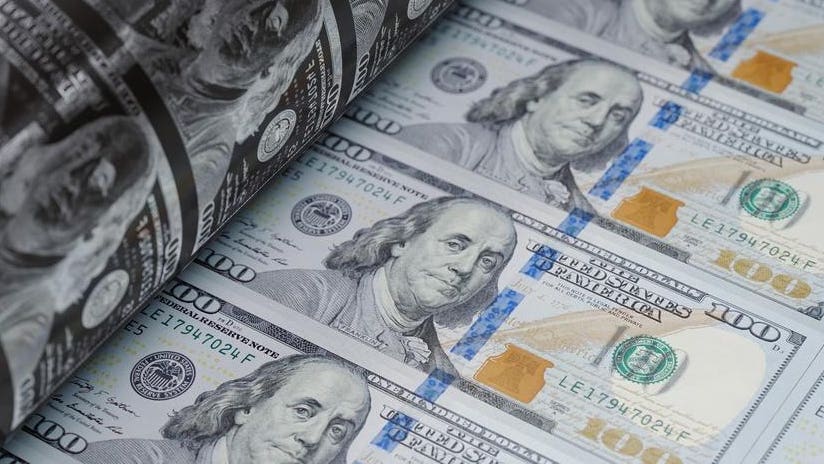Greta Gerwig’s Barbie is the most radical film ever released by a major Hollywood studio. It is also one of the most successful. With a global box office of $1.36 billion and counting, it is the highest-grossing film of the year as of this writing. These facts—Barbie’s radical nature and jaw-dropping financial success—are inextricably bound. Here’s why.
Companies don’t usually make fun of themselves publicly
Making fun of yourself is a dicey proposition. Do it too often, and you come across as having low self-esteem. If you don’t do it enough, you look arrogant. As rare as self-mockery is among people, it’s even rarer in the corporate world.
Consider, for example, the TV ad featuring Timothy Hutton that Groupon once ran during the Super Bowl. It attempted to make fun of fundraising campaigns while being a fundraising campaign itself for Tibetan refugees.
The problem was that viewers had to go to Groupon’s website to know that the ad had a philanthropic angle. The commercial, on its own, looked like it was making fun of the people it was trying to help. The company’s idea to use a global platform to do well by doing good wound up doing neither and was widely criticized for being tasteless and unfunny.
How did Barbie succeed where other corporate attempts at self-deprecating humor failed?
Mattel used negativity in a positive way
Mattel, the company that owns the intellectual property rights for Barbie, had wanted to make a film about the doll for decades before it did so. As Eliana Dockterman describes in her richly researched Time article, “Why It Took 64 Years to Make a Barbie Movie,” Mattel faced the significant obstacle of what Barbie represented to many people.
“The traditionally thin-waisted, blonde-haired doll has long been criticized for setting unrealistic body standards,” Dockterman writes. “Even after Mattel introduced a Curvy Barbie in 2016… the original Barbie has stuck in people’s minds.”
Instead of ignoring the issue, Mattel addressed it head-on and made fun of itself. For example, the target market for Barbie dolls is girls, but in the film, all the people at Mattel who make leadership decisions about Barbie are men. If there is any doubt about how ridiculous this is, comedian Will Ferrell is cast as the head of the company and plays the role broadly.
The monologue on why it is “impossible to be a woman”
The emotional core of Barbie is a monologue about the seemingly insurmountable challenges women face. Gloria, an assistant to the Mattel CEO, helps Barbie navigate the real world after leaving the fantasy world of Barbie Land. America Ferrara plays Gloria and helped to write the speech that has already become an iconic moment in film history.
“You are so beautiful, and so smart, and it kills me that you don’t think you’re good enough,” Gloria says to Barbie. “Like, we have to always be extraordinary, but somehow we’re always doing it wrong. You have to be thin, but not too thin.”
She continues, “You have to never get old, never be rude, never show off, never be selfish, never fall down, never fail, never show fear, never get out of line.”
Elle and other magazines have published the monologue in its entirety, which ends with Gloria lamenting, “I’m just so tired of watching myself and every single other woman tie herself into knots so that people will like us. And if all of that is also true for a doll just representing women, then I don’t even know.”
Is it ironic that Mattel is willing to take the heat for having marketed the global brand that gave rise to such problems? No. It is because the company was willing to be criticized for its most important financial asset that Mattel now has a level of wealth that wasn’t possible before it greenlit Barbie.
The ethics of comedy
Ynon Kreiz, the real-life CEO of Mattel, was smart to support Greta Gerwig and co-screenwriter Noah Baumbach’s vision of Barbie. Kreiz understands a central tenet of the ethics of comedy: humor works best when it ridicules the powerful, not the powerless.
In 1990, CNN’s Larry King asked George Carlin about the comedy of Andrew Dice Clay. Carlin responded, “The thing that I find unusual…his targets are underdog[s]. And comedy traditionally has picked on people in power, people who abuse their power.”
Barbie takes aim at the right targets. The world has responded by making it the kind of international cinematic phenomenon we haven’t seen since James Cameron’s Titanic was released in 1997.
Embracing criticism of its past gives Mattel a golden path forward
Barbie is a bubblegum-pink comedy with a serious message: women deserve better. In celebrating this truth, Mattel takes the lead in the marketplaces of both toys and ideas.
The company’s embrace of criticism has resulted in a treat for everyone who loves movies and a financial boon for every Mattel shareholder.
Read the full article here





